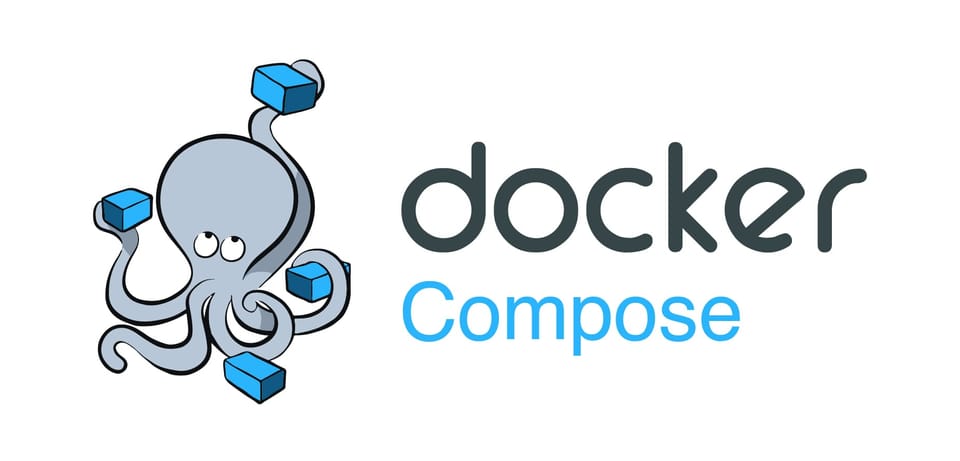Unleashing the Benefits of Docker Compose on Bare Metal Servers

In the world of software deployment, Docker has revolutionized how applications are deployed and managed across different environments. Docker Compose, a tool for defining and running multi-container Docker applications, offers an added layer of convenience and efficiency, particularly when used on bare metal servers. This blog post explores the significant benefits of using Docker Compose on a bare metal server, from improved resource utilization to simplified operational procedures.
Enhanced Performance and Resource Utilization:
One of the standout benefits of using Docker Compose on a bare metal server is the direct access to hardware resources, which translates into enhanced performance. In my home lab I can add about 10 lines to any container definition to give the container access to my GPU. A few lines can define where and how a container stores data, static IPs, subnets, resource restrictions, etc.
Simplified Management and Scalability:
Docker Compose simplifies the management of container-based applications. By defining your multi-container setup in a single YAML file, you can manage the entire lifecycle of your application stack with simple commands. This not only makes setup and teardown incredibly efficient but also ensures consistency across different development, testing, and production environments. I've completely wiped and reinstalled the OS on my bare metal server and had my entire home lab back up and running in 10 minutes. It's as simple as cloning the project definition and any persistent data files and then starting the project.
Consistency Across Environments:
Using Docker Compose on bare metal servers can significantly reduce the "it works on my machine" syndrome. The containers encapsulate all dependencies, ensuring that the application runs the same way, regardless of where it is deployed. This consistency is crucial for reducing bugs and errors that typically arise from environmental discrepancies during deployment.
Isolation and Security:
Each container managed by Docker Compose runs in isolation, sharing only the kernel and essential resources. This isolation helps in minimizing conflict between running applications and enhances security by limiting the surface area for potential attacks. Regular updates and easy rollback features further bolster security and application stability.
Some Great Docker Compose Features:
Want your frontend to wait for the database to load before starting, it's just two lines
depends_on:
- database
This can be expanded to include a health check operation as well
depends_on:
database:
condition: service_healthy
Most services have health checks pre-written somewhere on the internet and can be used easily, for instance this is one I use for MariaDB which I snagged from somewhere.
healthcheck:
interval: 30s
retries: 3
test:
[
"CMD",
"healthcheck.sh",
"--su-mysql",
"--connect",
"--innodb_initialized"
]
timeout: 30s
Creating persistent volumes allows you to completely nuke a container and restart with all of it's stored file intact
volumes:
# MySQL Database
db-data: {}
Proxying ports is super simple, these two port numbers represent one inside the container (right) and the one that will be exposed on the bare metal server (left.) This makes it possible to run any number of applications that share the same default port, and you only have to change 1 number in the docker-compose.yaml.
ports:
- 8081:8080 #Proxy port to 8080 to 8081 on host
Environment variables allow you to securely define protected information and access it in code as a variable name
environment:
MYSQL_DATABASE: ${DB_DATABASE}
MYSQL_PASSWORD: ${DB_PASSWORD}
MYSQL_USER: ${DB_USERNAME}
Conclusion:
Embracing Docker Compose on bare metal servers brings forth a plethora of benefits that can significantly enhance application deployment, performance, and management. By reducing overhead, simplifying configurations, and ensuring consistency across environments, Docker Compose stands out as a vital tool for modern IT infrastructure. Whether you’re managing complex applications or simple service stacks, Docker Compose paired with bare metal can be a game-changer.
More Information:
- Installing Docker (Ubuntu) - https://docs.docker.com/engine/install/ubuntu/
- Installing Compose Plugin (Linux) - https://docs.docker.com/compose/install/linux/
- How Compose Works - https://docs.docker.com/compose/compose-application-model/